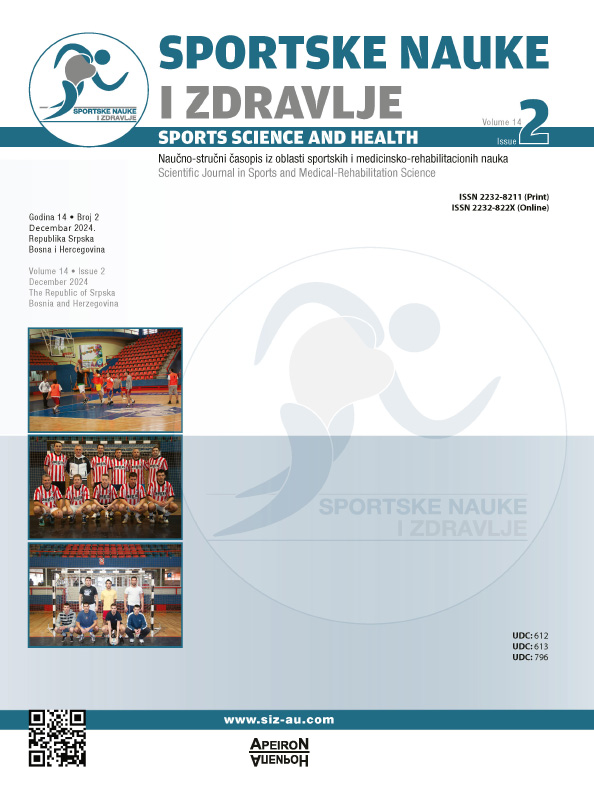Strategies for Developing Local Wisdom-Based Sport Tourism to Achieve Sustainable Development Goals (SDGs) in South Sulawesi Province
DOI:
https://doi.org/10.7251/SSH2402211IKeywords:
Sport, Tourism, Development, Local wisdomAbstract
This study explored the development strategies of sport tourism based on local wisdom in South Sulawesi Province to achieve the Sustainable Development Goals (SDGs), particularly in poverty reduction. The SDGs, adopted in Indonesia through Presidential Regulation No. 59 of 2015, prioritized poverty alleviation as a primary goal. This research assessed the potential of sport tourism by leveraging the diversity of nature and local culture to enhance the rural economy. South Sulawesi, rich in natural and cultural resources, offered significant potential for sport tourism. Activities such as marathons at the Maros GeoPark, mountain biking in Malino Pine Forest, and jet ski festivals at Tanjung Bira Beach attracted tourists and stimulated the local economy. However, the decline in tourist visits highlighted the need for new strategies. A qualitative method was used to analyze the potential and obstacles in sport tourism development. The results showed that sport tourism based on local wisdom could reduce poverty through job creation and increased income from tourist spending. The elements of “something to see,” “something to do,” and “something to buy” in South Sulawesi enhanced tourism appeal and the local economy. Challenges such as infrastructure, stakeholder coordination, and community training needed to be addressed. This study suggested better traffic systems, effective communication, and the enhancement of local human resource capacities. An inclusive approach in planning and managing tourist destinations was expected to maximize economic benefits while preserving the local environment and culture, making sport tourism based on local wisdom a sustainable development model for South Sulawesi.
